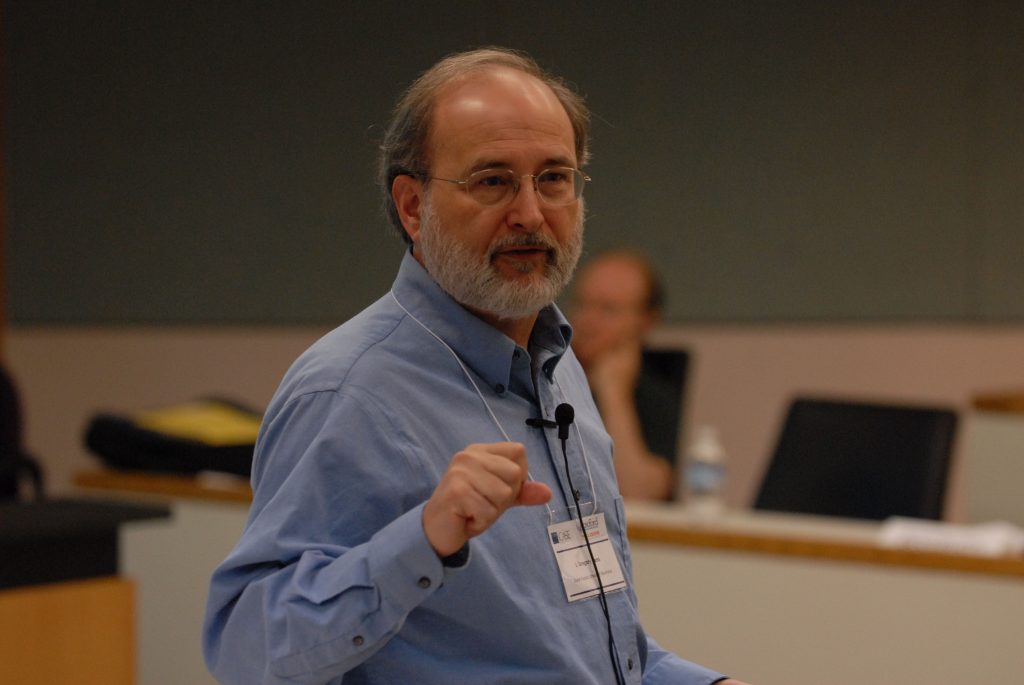David Bornstein recently wrote about “The Rise of the Social Entrepreneur” in the New York Times. His blog notes the rapid increase in social entrepreneurship education – from only a handful of courses taught in 2002, to more than “350 professors and researchers focusing on the topic in more than 35 countries” by 2008, and continuing to increase today.
Did you ever wonder how the story of social entrepreneurship education began? Or what we have learned along the way?
I had the pleasure of interviewing Professor Greg Dees – the “Father of Social Entrepreneurship Education” – to tackle those questions and many more: “Reflections and Insights on Teaching Social Entrepreneurship.”
We began the interview by reflecting on how Dees got started teaching social entrepreneurship – and the obstacles he had to overcome along the way. From that fascinating story, we then discussed the evolution of his teaching pedagogy and trends in the field. For example:
- On the distinctions between teaching social entrepreneurship and traditional entrepreneurship: Not only do we need to teach about triple bottom lines and ecosystem thinking, but also “the art of creating social change” and teaching emotional intelligence.
- On the best place to teach social entrepreneurship: If he “had to pick one place” he’d pick the business school but ideally we are also bringing in faculty and students from other disciplines – behavioral economics, public policy, science and engineering, and many more.
- On how we can measure if our teaching is having an impact: “I don’t think our job is to produce students who immediately launch social ventures upon graduation,” Dees states, “[…]I think the right measures are more about equipping our students with the tools to be effective in any entrepreneurial social problem-solving activity that they might engage in – whether it is through a corporate employer, at a consulting firm, working with a social entrepreneur, serving on a board, providing volunteer consulting, or the like.”
Read about those insights and many more in “Reflections and Insights on Teaching Social Entrepreneurship: An Interview with Greg Dees.”
As CASE approaches our 10 year anniversary celebration, we look forward to building on the history of social entrepreneurship education and continuing to prepare leaders and organizations to change the world.

